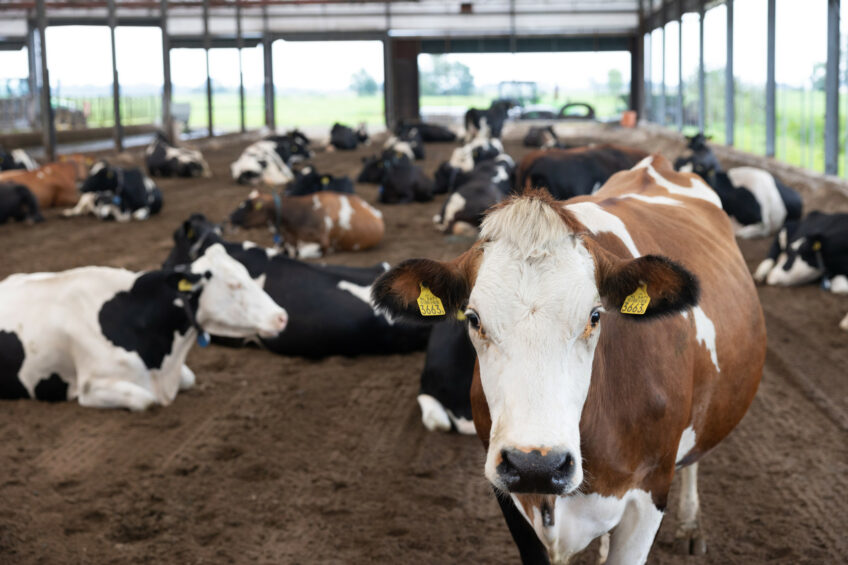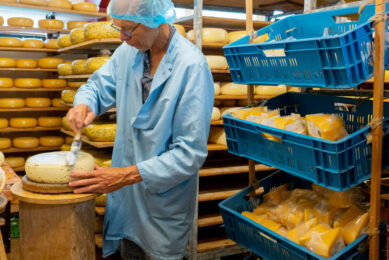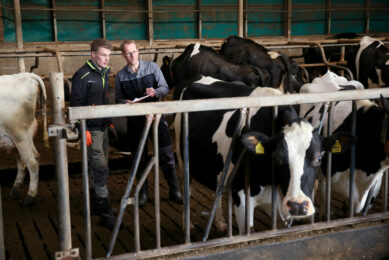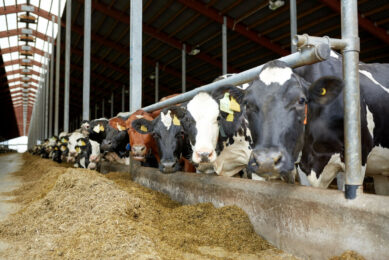Slashed subsidies for Russia’s dairy industry

The Russian government has shared plans to cut the subsidies under the soft loans issued in the past several years. Dairy firms say that the move will put an end to investments in the industry and deprive businesses of a bright future.
Under the new rules recently published by the Russian Agricultural Ministry, the state will lower subsidies under the preferential investment loans issued between 2017 and 2022 to 50% of the Central Bank’s key interest rate. The original regulation made farmers eligible for subsidies ranging between 80% and 100% of the key interest rate.
The decision, primarily attributed to the belt-tightening policy by the Russian government amid the growing budget deficit, has faced backlash in the dairy industry.
“Changing the terms of subsidising existing loans will lead to a significant unplanned increase in the financial burden on agricultural and food producers, including dairy firms, and will have a direct impact on a surge of production costs,” Soyuzmoloko, a Russian union of dairy businesses, said in a follow-up statement.
For instance, this factor alone will trigger a 10% jump in production costs of raw milk in Russia in 2025, the union forecasted.
“…the new regulation deprives the industry of any bright future.”
Investments in dairy
Russian dairy companies are particularly frustrated that the government changed the subsidising terms on the already issued terms, which essentially undermines investors’ trust in government promises.
Evgeny Mezin, director of JSC Siberian Milk, told a local news outlet that the new regulation deprives the industry of any bright future. He added that with this move, the government admitted that there was no money to support the dairy industry.
“In my opinion, no one will invest [in the dairy industry] in such a situation,” Mezin said. “In 2025, businesses will complete the investment projects they started that were previously subsidised, after which funding for development will stop.” This view is largely shared by other executives.
For example, Aleksandr Medvedev, general director of Malakhovo, a major dairy processor, agreed that the reform would stop investments in the industry. He added that instead of pumping money into operations, most companies will likely make bank deposits to earn high interest rates.
In addition, Mezin forecasted a new wave of consolidation in the dairy industry. He said that large players with free capital will acquire smaller and less efficient players who, under new conditions, will find it increasingly difficult to stay afloat.
Join 13,000+ subscribers
Subscribe to our newsletter to stay updated about all the need-to-know content in the dairy sector, two times a week.










